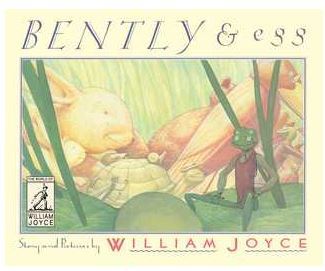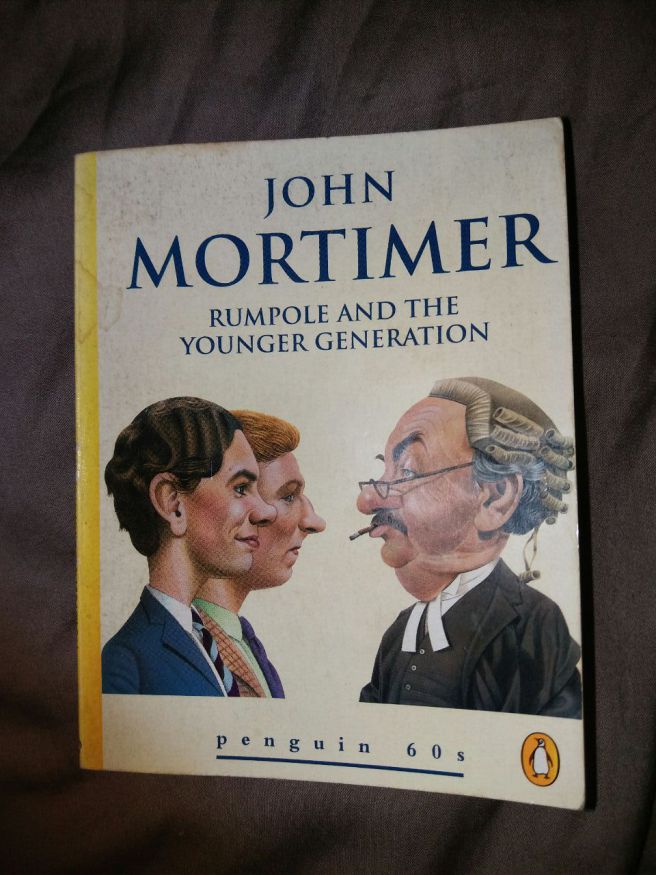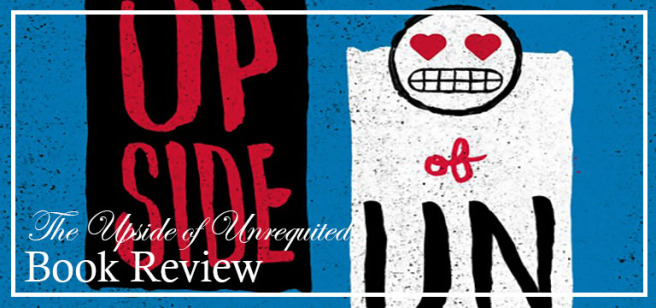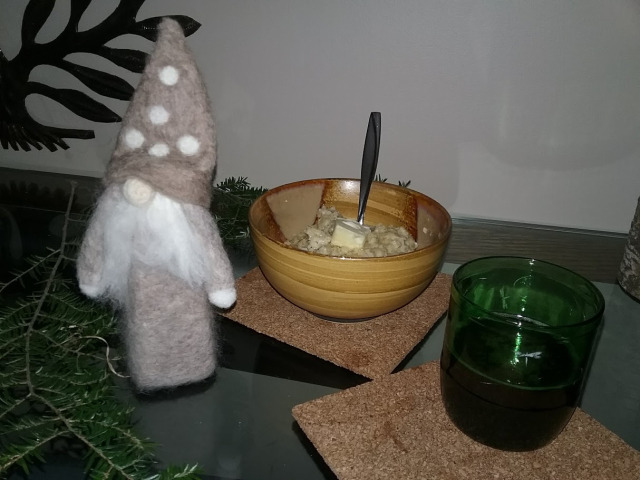Along with the notice of John Harry’s death I received from Fred, came another. The second dealt with Private Thomas Pate, Harry’s older brother. Thomas had been wounded and captured on the first day of the German offensive along with thousands of others.
His wife, Isabella, had been more fortunate than John Harry’s wife, Ann Louisa. Isabella only had to wait around 6 weeks for news of her husband’s fate. I cannot imagine how hard it was for Ann Louisa having to wait a harrowing 6 months to learn of her husband’s death.

Burnley Express 18 May 1918During the past six weeks much anxiety has been occasioned concerning the fate of Pte. Tom Pate, 240739, East Lancs. Territorials, whose wife resides at 9, Hambledon Street, Padiham. Various reports have come to hand but all doubts are now at rest, as his wife has been officially notified that he was wounded and taken prisoner on March 21st.
Pte. T. Pate is 40 years of age and joined at the outbreak of the war, being eventually drafted out in February of last year. Previous to enlistment, he was a weaver at the Crescent Manufacturing Co’s Mill, Padiham.
Two other brothers are serving. Pte. Wm. Pate is in training at Aldershot, while Pte. John Harry Pate is in France.
Tom and William both survived the war and in Thomas’ case, his descendants live on. Though John Harry didn’t survive, his descendants are even more prolific than his older brothers. Through his son Robert, something like 90 descendants currently exist of his line (and seemingly more every week).
Something else which came out of these miraculous notices was the kernel of a clue as to how John ended up in the Machine Gun Corps.
In his death notice, it mentioned he had been discharged in 1915 as a time-expired man. Then, for some reason had rejoined in 1917, having been out for just over a year. This is probably the point at which he became a machine gunner. It is possible (though hard to prove) that he was with a machine gun company in the East Lancs. until the formation of the 8th Bn Machine Gun Corps in January 1918.
But why come back at all? Having served his time and suffered horribly with frostbite and the like, why put his life back on the line?
I have a theory about the circumstances that may have led up to this seemingly reckless decision.
John Harry had been two things in his life; a soldier and a cotton weaver. Padiham was a big weaving town. My mother used to joke that everyone in our family shouts because they lived and grew up among the constant racket of the mills.
John Harry’s Father had worked the mills, as had he and his brother Tom. Cotton weaving was in the blood of the Pates.
However, the war had changed many things. With so much industry geared up for nonstop war production, and so many young workers ‘in arms’ across the channel, there were some pretty severe labour shortages. Skilled workers were at a premium and so wages were sky-rocketing.
With the rise in wages had come the inevitable rise in prices. The cost of living soared. That was all well and good for those in the essential industries. Those producing for the war were doing fine.
You’d imagine that with all the men in uniform, weavers would be doing very nicely. The problem was, British Army uniforms weren’t made of cotton, they were made of wool. This was a completely different process and an alien skillset for a man who had only worked with cotton.
The Army had little use for cotton products and so it is unlikely that John Harry’s mill wages would have kept pace with inflation. And as his death notice states, he was a family man with four children to support.
I could, of course, be wrong about all this. He may have truly missed the comradery of Army life but I can’t help thinking that economics played some part in his decision.
Whatever his reasons, return to France he did; to his ultimate cost.
Further reading:
The Deluge, British Society and the First World War by Arthur Marwick
Share this:





